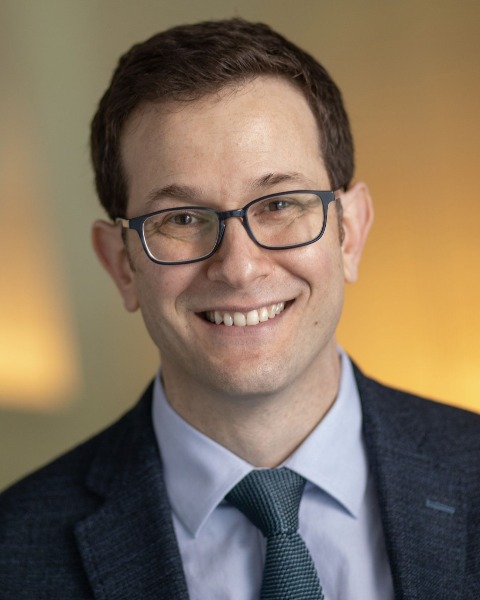Health Sciences
Long-Term Impact of a Lifestyle Intervention: The Action for Health in Diabetes (Look AHEAD) Trial and Follow-Up
-

Denise Houston, PhD, RDN (she/her/hers)
Professor
Internal Medicine - Gerontology & Geriatric Medicine
Wake Forest University School of Medicine
Winston-Salem, North Carolina, United States -

Mark Espeland, PhD (he/him/his)
Professor
Internal Medicine and Public Health Sciences
Wake Forest University School of Medicine
Winston-Salem, North Carolina, United States -

Sara Espinoza, MD, MSc (she/her/hers)
Professor
Medicine
Cedars-Sinai Medical Center
Los Angeles, California, United States -

Adam Spira, PhD (he/him/his)
Professor
Department of Mental Health
Johns Hopkins Bloomberg School of Public Health
Baltimore, Maryland, United States -

Mark Espeland, PhD (he/him/his)
Professor
Internal Medicine and Public Health Sciences
Wake Forest University School of Medicine
Winston-Salem, North Carolina, United States -
FS
Felicia Simpson, PhD
Associate Professor
Mathematics
Winston-Salem State University
Winston-Salem, North Carolina, United States -
ID
Ian Davis, MA (he/him/his)
Graduate Research Assistant
Alfred E. Mann School of Pharmacy and Pharmaceutical Sciences
University of Southern California
Los Angeles, California, United States
Chair(s)
Co-Chair(s)
Discussant(s)
Individual Symposium Abstract First Author(s)
Mid-life weight loss and maintenance is often recommended as a means to improve health later in life, however its long-term benefits have not been rigorously established. The Look AHEAD randomized controlled trial compared an intensive lifestyle intervention (ILI) designed to induce and maintain a 7% weight loss through caloric restriction and increased physical activity with a control condition of diabetes support and education (DSE) in 5,145 individuals aged 45-76 years with type 2 diabetes and overweight/obesity over up to 11 years of follow-up beginning in 2001. Compared to DSE, ILI had greater initial improvements in cardiovascular disease risk factors; however, there were no overall differences in the incidence of the trial’s primary and secondary cardiovascular outcomes between the ILI and DSE groups. ILI did, though, have a positive impact on diabetes control and complications, depression, physical health–related quality of life, and health care use and costs. Subsequently, the Look AHEAD trial transitioned to an observational study in 2012 to assess the long-term benefits and potential harms of ILI, which continued for 10 years. This symposium will describe the design of the Look AHEAD trial and transition to the Look AHEAD Aging study, the most recent phone-only observational follow-up begun in 2022, and the long-term impact of the lifestyle intervention on sleep (Spira and colleagues), cognitive resilience (Espeland and colleagues), multi-morbidity and frailty assessed by the deficit accumulation model (Simpson and colleagues), and medical care utilization and costs (Davis and colleagues).
Learning Objectives:
- Identify the long-term benefits of an intensive lifestyle intervention in middle aged and older adults with type 2 diabetes and overweight/obesity
- Describe the long-term health profiles of middle aged and older adults with type 2 diabetes and overweight/obesity
Presentations:
-
3:30 PM – 5:00 PM ETLook AHEAD Sleep: Study Design and Baseline Characteristics
Individual Symposium Abstract First Author: Adam P. Spira, PhD (he/him/his) – Johns Hopkins Bloomberg School of Public Health
-
3:30 PM – 5:00 PM ETLong-Term Association of an Intensive Lifestyle Intervention on Global Cognitive Function
Individual Symposium Abstract First Author: Mark A. Espeland, PhD (he/him/his) – Wake Forest University School of Medicine
-
3:30 PM – 5:00 PM ETLong-Term Association of an Intensive Lifestyle Intervention on Frailty and Multimorbidity
Individual Symposium Abstract First Author: Felicia Simpson, PhD – Winston-Salem State University
-
3:30 PM – 5:00 PM ETEffect of an Intensive Lifestyle Intervention in Adults With Type 2 Diabetes on Long-Term Health Care Spending and Use
Individual Symposium Abstract First Author: Ian Davis, MA (he/him/his) – University of Southern California
